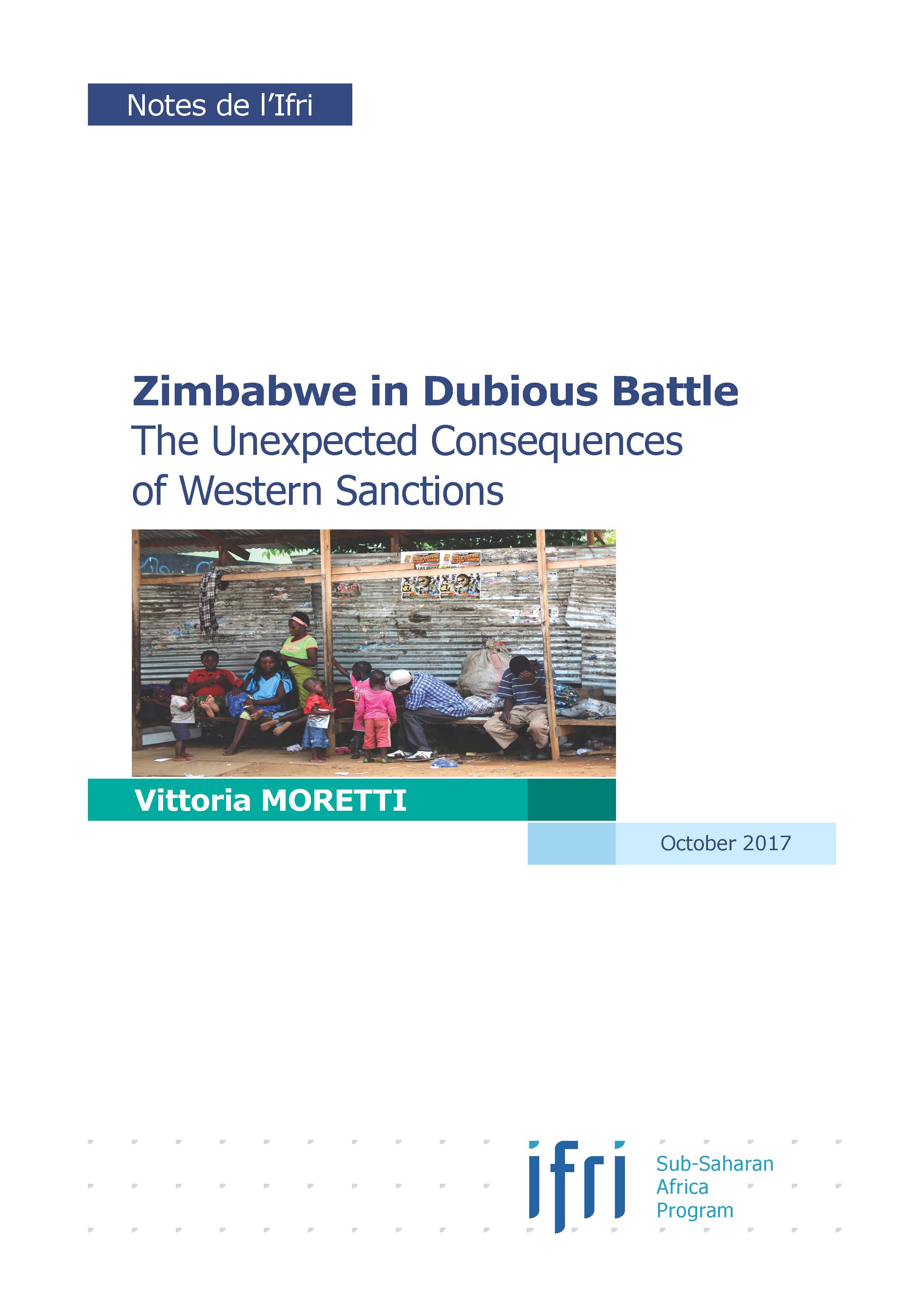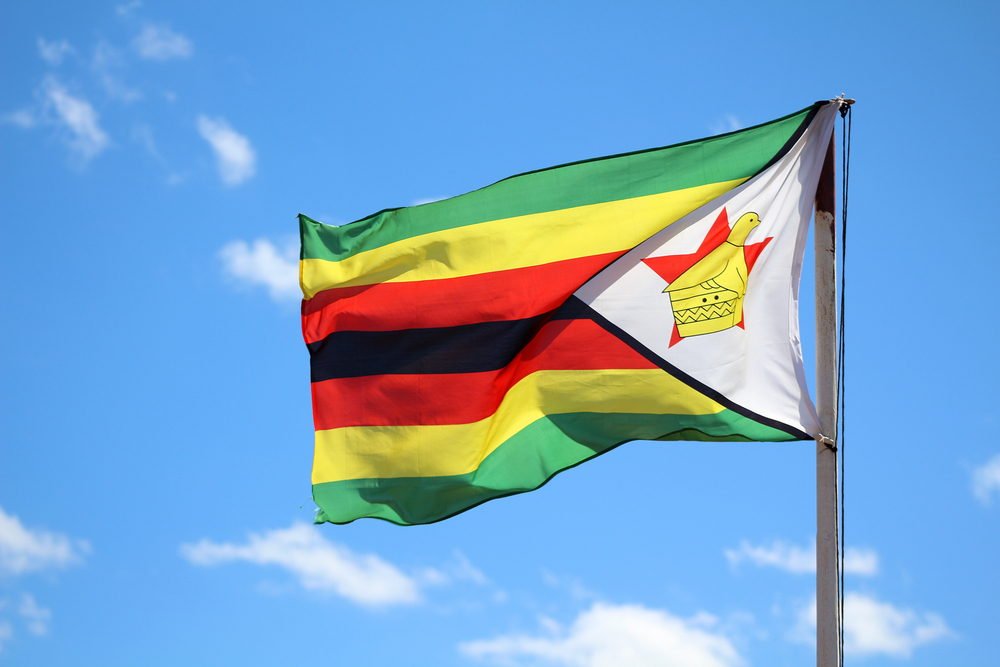Robert Mugabe in Zimbabwe: the Endgame?

The descent into the morass of failure seems relentless for a country that used to be, at the aftermath of its independence in 1980, the “jewel in Africa” to be carefully preserved, as former Tanzanian President Julius Nyerere advised an acclaimed Mugabe ascending into power.

The precipitous economy has sparked growing dissent and anti-government protests in Harare since June 2016, which have flared up all over the country, calling for Mugabe’s ruling party, Zimbabwe African National Union - Patriotic Front (ZANU PF), to step down.
Yet, despite his rapidly deteriorating health conditions and his advanced age, the 92-years-old President seems not having any intention to leave the helm of his sinking ship. He unlashes the heavy-handed Zimbabwe Republic Police (ZRP) against demonstrators and openly threatens judges ruling over the exercise of constitutional rights such as freedom of assembly. The future ahead is filled with uncertainties for Zimbabwe, with a new wave of protests staged by opposition groups calling for electoral reforms, the announced plans to introduce bond notes in October sparking apprehensions from investors and citizens and growing factionalism within ZANU PF. Overall, consensus coalesces around the idea that Zimbabwe is finally entering a new phase of its history; yet, the direction of this transition remains unclear. Much will depend on the power struggle within the ruling party, the cohesion of the opposition and the ability of the international community to seize the moment and re-engage the country in a process of real and meaningful change.
This note provides the historical background of the present crisis; analyses the political dynamics in the ruling party and opposition circles and describes various potential developments from now to the 2018 elections.

Available in:
Regions and themes
Share
Download the full analysis
This page contains only a summary of our work. If you would like to have access to all the information from our research on the subject, you can download the full version in PDF format.
Robert Mugabe in Zimbabwe: the Endgame?
Related centers and programs
Discover our other research centers and programsFind out more
Discover all our analysesAnglo-Kenyan Relations (1920-2024) : Conflict, Alliance and a Redemptive Arc
This article provides an evidentiary basis for postcolonial policy in its analysis of Anglo-Kenyan relations in a decolonization era.
When City Diplomacy Meets Geopolitics: A Framework to Help Cities Navigate Geopolitical Risk
Crises and the increasing polarization of international relations make political risk analysis an indispensable resource for internationally active public and private entities.
The United Nations Mission in Congo or the exemplary uselessness of the United Nations peacekeepers
During the M23 conflict in 2012-2013 in the Democratic Republic of Congo (DRC), the United Nations (UN) took the diplomatic initiative (by initiating the Addis Ababa agreement) and the military initiative (by launching a coordinated counter-offensive with the Congolese army). Since the resurgence of this conflict in 2022, the United Nations, which still has more than 10,000 peacekeepers deployed in eastern DRC, no longer plays any role.
Rebooting Italy's Africa Policy: Making the Mattei Plan Work
Against the backdrop of increasing anti-French rhetoric across parts of Francophone Africa, the relative failure of the counterinsurgency operation in the central Sahel (Operation Barkhane) and diplomatic rifts with several Sahelian countries, Paris has been rethinking its relationship with the continent for several years now. As a former imperial power that has seen its colonial domain in Africa gain independence between 1956 (Morocco-Tunisia) and 1977 (Djibouti), France has invented two successive roles for itself in Africa since 1960, particularly in French-speaking sub-Saharan Africa.








